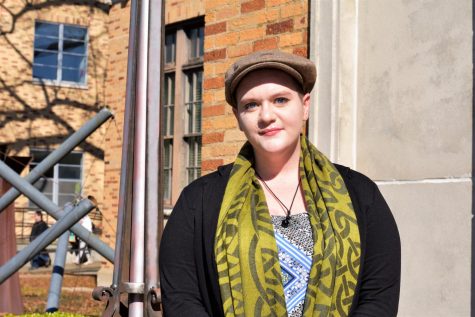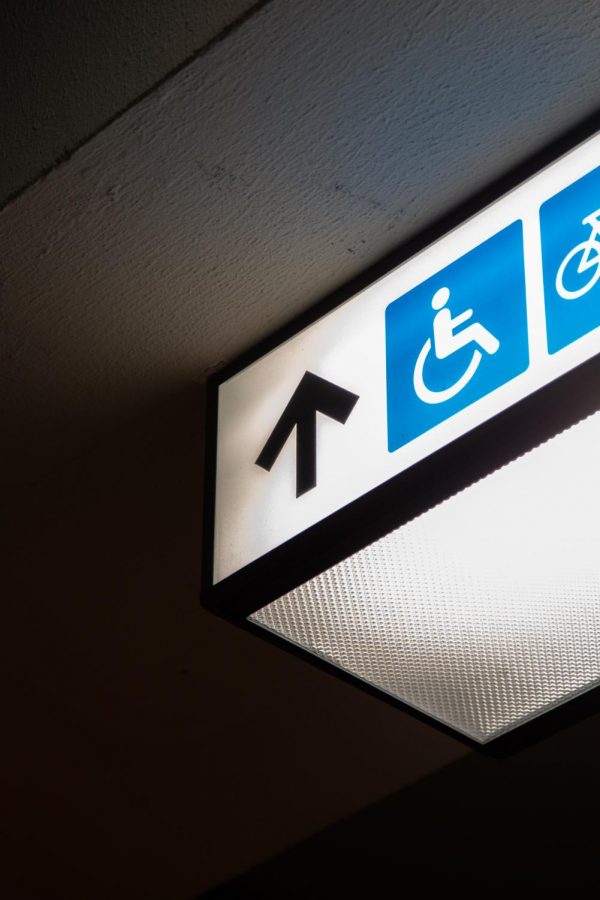Disability Accessibility
Are accessibility and accommodations as readily available for those with disabilities as one might think?
Delta State University has a small student population, with a very small percentage of those students having a disability. This small percentage leads to DSU not having all the resources to help that other, bigger universities may have.
Dr. Richard Houston, who is the over the disability accommodations on campus, sat down with me to explain the situation of DSU not having those resources.
The Americans with Disabilities Act (ADA) was a law made in 1990 that prohibits discrimination against those with disabilities and grants them equal opportunities and access. It was modeled after the Civil Rights Act of 1964 and Section 504 of the Rehabilitation Act of 1973. (ADA.gov).
Accessibility was a major part of this law, granting people with disabilities accessibility in their work and school environments. It started as federal buildings being required be outfitted for things like ramps for wheelchair users. Soon, it became required of all buildings to be accessible by ramp.
Many of DSU’s building were built pre-1970, but most have been upgraded to include ramps, automatic doors, and elevators so that they are accessible. Unfortunately, many of the automatic doors and elevators are often shut down and unusable. This is because getting these things fixed or installed is extremely expensive, and often, the installers do not have a full understanding of the concept of accessibility.
Dr. Houston gives an example of how installers may not always understand the concept: “When the ramp behind the Union was being built, the installers made it too narrow. So, anyone in a wheelchair couldn’t get through it. They had to take the top of it and redo it.”
Dr. Houston also talks about the technological side of accessibility for different types of students.
For students who have low-vision or are blind, technology on computers can allow things to be read aloud to them and fonts can be made larger. DSU does not have textbooks and the like available in Braille, though.
For students who are hard of hearing or deaf, professors can use PowerPoints and other students can help with taking notes. There are services that translate in real-time, whether through text or American Sign Language. In-class interpreters can also be used, though sometimes it is difficult to hire them.
For students with learning disabilities, they may be allowed extra time on exams, have peers help with notes, record lectures, or several other accommodations according to their needs.
Any accommodations for disabilities are usually determined by health professionals who know the students and their situations.
The problem, as stated earlier, is that DSU just does not have the resources or funds to fully accommodate students. Bigger universities have bigger student populations and departments dedicated and trained to assist those with disabilities.
With DSU being a small, rural school, sometimes all needs are not met. Dr. Houston stated, “I’m not saying students with disabilities shouldn’t come to DSU, but if accommodations are their priority, then they should look at universities that are able to be equipped to accommodate them.”
If you have a disability and need accommodations, contact Dr. Houston at the Student Health Services.

Kjirsten Whitsell is a senior here at Delta State University. She has been a part of The Delta Statement for three semesters. Kjirsten’s hometown is...



